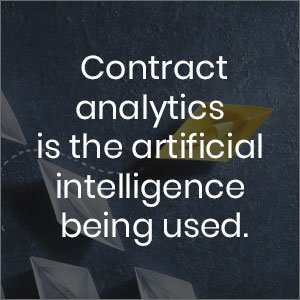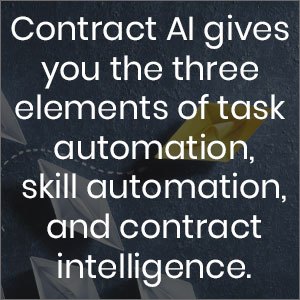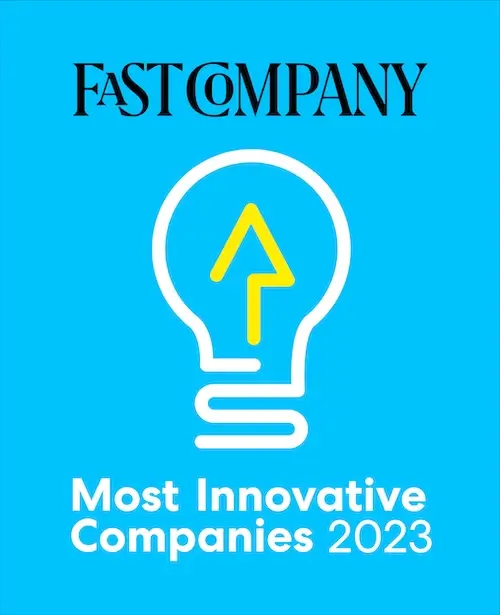With technologies like artificial intelligence for contract management AI systems gaining steam in more corporations; the in-house counsel team needs to ensure it is not left behind.
Being a progressive state, the EU set out a proposal to grant robots legal personhood in 2017. In conjunction with the release of the latest Terminator movie, it kindled the fires for the entire AI and machine learning debate.
Bringing it back to a contract AI perspective, there is rapid growth in the deployment of the latest generation of artificial intelligence-enhanced contract management systems (CLMs). This is inspired by the growing volumes of active contracts requiring reviews. Yet, legal counsel continues to be constrained – pushed to do ‘more for less.’ As such, AI technologies like that of ContractPodAi helps lighten the load on legal professionals. Contract AI gives you the three elements of task automation, skill automation, and contract intelligence.
On this digital transformation front, there are three phases transforming the legal profession relating to contracts:
1. TASK AUTOMATION
When contracts are loaded into an AI-equipped contract lifecycle management (CLM) system, they can be interpreted for snapshot extractions. In this case, the AI engine uses natural language processing (NLP) to understand the context and extract data from the agreement record. Whether it is a supply chain agreement, sales contract, or non-disclosure agreement (NDA), the NLP lets the contract AI engine. This is like ContractPodAi’s EV, built on IBM Watson – interpret a PDF or digitized document.
This snapshot of extractions from the contracts includes important elements, such as the contract effective and expiry date, liability caps, termination triggers, assignment rights, and other key legal obligations. So with this information automatically extracted directly from each contract, a considerable amount of time is saved. Whenever an issue arises, corporate counsel does not have to spend time reading through each contract thoroughly. Rather, the snapshot provides a quick reference, letting them use it to find the correct agreements.
2. SKILL AUTOMATION
You may call it to skill automation or expertise automation. Either way, this is where technology, developed for the contract process, starts making things interesting. With the agreements repository on hand, the contract AI system can find the most common terms and conditions across all of your accords.
Then, the general counsel (GC) or other corporate legal counsel signs off on the standard T&C’s. After this point, standard contract requests can be automatically authored by the CLM system. This means other professional services teams can create the legal documents. Also, it takes the strain off of the general counsel’s office while speeding up the contract creation process altogether. Due diligence has already been thought out when applied to many cases. Neither the GC nor law firms are required, which delivers more output for far less cost!
3. CONTRACT INTELLIGENCE
Essentially, contract analytics is the artificial intelligence that is being used. Analytics as contract AI is perhaps one of the most exciting elements in the CLM technology space today. Using AI for your contract management is not only efficient, but it also helps with your organization, only it does all of the work for you.
So whether you’re a GC or an in-house team member, you will have time to focus on other important tasks instead of the details of a contract.
CONTRACT AI – PEACE OF MIND
Contract AI gives you the three elements of task automation, skill automation, and contract intelligence. Each is an important step onto itself – on your digital transformation journey. They are important in helping your corporate counsel team show and grow their value to the organization. All this while delivering ‘more for less’ – that’s if you use your assets wisely.
In addition to giving your in-house counsel team a ‘pulse’ on your contracts, these same elements give GCs the confidence that your agreements are in good standing. And, with few anomalies with which to be concerned. Good contract AI also provides you with the satisfaction that you are using the GC team for truly customized (bespoke), engaging, and strategic work.
Simply put, with this new generation of contract AI technology, it is incumbent upon the office of the general counsel to either get on board and make progress – or be left behind in today’s digital landscape.
Author:

Viraj Chaudhary
Connect with us on Linkedin











